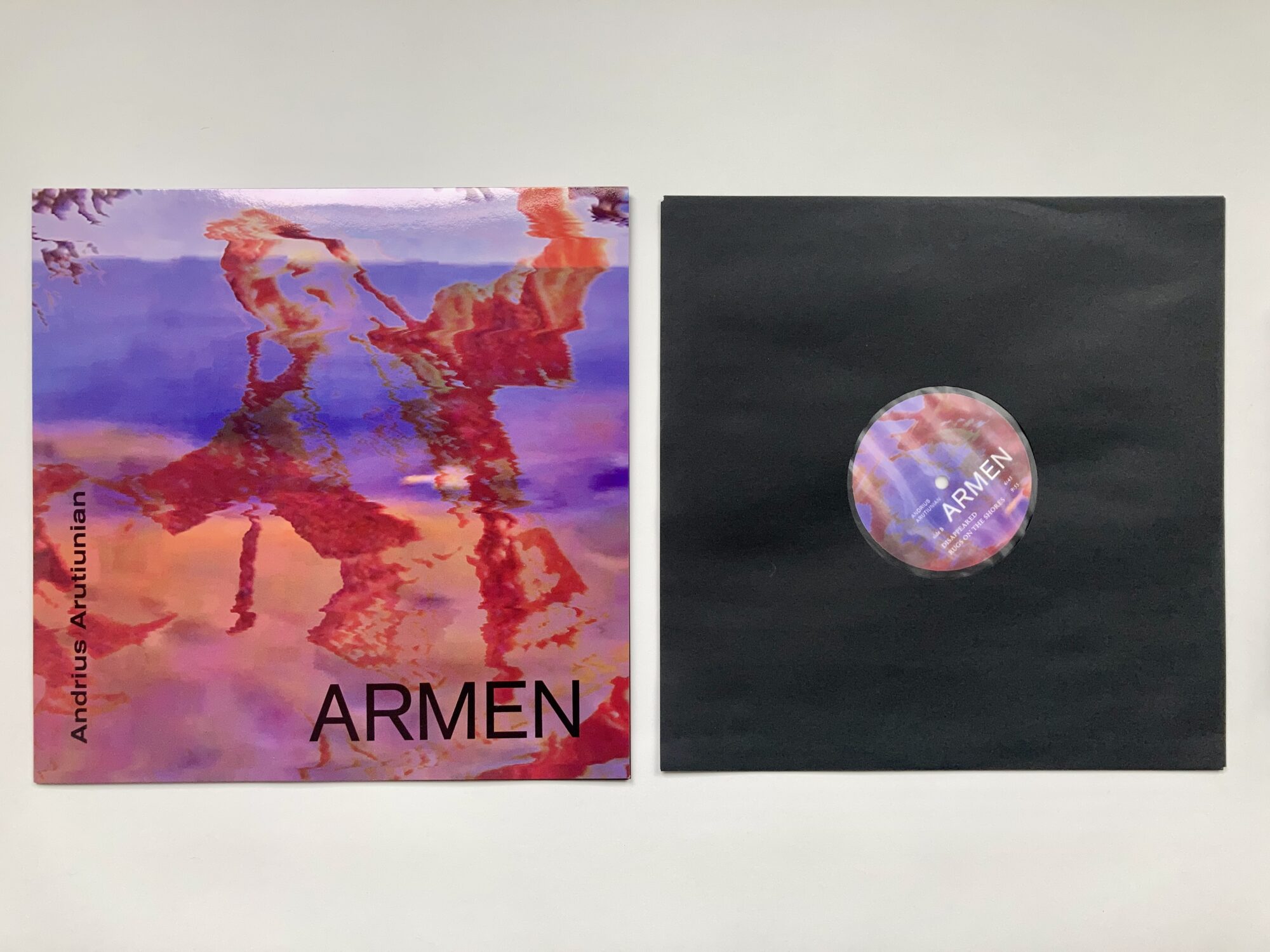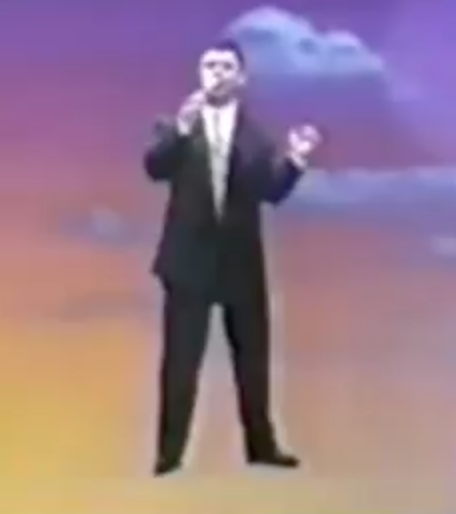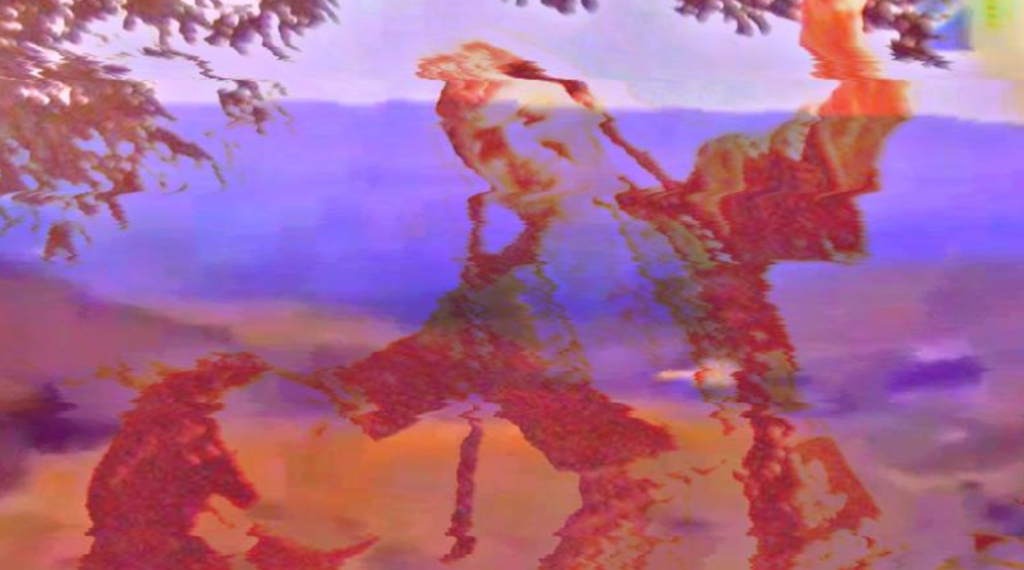
Hand-print lathe cut vinyl, edition of 16, 36′, 2016
Armen is a study of vernacular Armenian disco music. Based on a personal collection of diasporic Armenian music releases (in the form of cassettes, vinyls, and VHS tapes), it is a re-composition, a remix and a speculative investigation of alternate sonic histories. Armen was initially released as a limited artist edition and has since been exhibited as a both sound installation and a performance.
—
“History runs in circles. Skewed, irregular circles, rhythmical and completely dissonant ellipses. I also heard that there are places in the world where rivers run in circles, where gold-headed fish bump into each other, and lonely ethnographers record their echoing clinks.
Meanwhile, somebody is living their childhood, probably in dad’s garage or on a rug somewhere. You, a small figure, watch another figure larger than you. They have a history you don’t yet know, just like the rest of the world. You are still growing into your language and onto your feet, and this might be the first time you ever hear anything. Four, five generations from a tragedy – a childhood parallel to yours, but a completely different one.
Every child is a musical instrument. That’s why our ears grow as we age.
It may be a peaceful scene, or a slightly uncomfortable one. It may ripen, one day, into a bright memory, or into a silent, anxious rebuke, held firmly by both figures, now equal in height. Generational conflicts precede larger and more painful ones, making the strongest umbilical cords. Another circle closes, tying us back to the cervical suffering.
But right now, at this moment, on a rug, in a car, by the monotonous music machine, the only circles you draw are your first ones, spinning the body and thought, breaking the world’s axis into millions of dancing small figures. You may as well hear of those rivers – it’s a miracle, but they reach everywhere, populating the world with gold-headed fish. Only blood and bodies alter their flows, oh look, we are now trapped in an island that was not here before, I believe we are also humming songs we never knew, but somehow remember.
Humming is very important. You see, we know all the melodies, I’m just not sure I remember… Those instinctive rhythms and loops – my head is spinning, we can never get away from them. This is how they communicate in these islands, they are humming, calling out, back and forth, blending into a single voice, and this voice is carrying spores.
And spores, you see, you must watch them. I understand now: they form the core of endlessness, they contain the essence of spreading and growing, the pervasive code of continuity. Let’s spore on this, we said when we were small figures, spinning on the rug by the monotonous musical machine. Let’s bet, take a chance, throw a possibility in the air. I spore you now, in this island: we can recompose and re-sing our roles, our stories, borders and positions. We may not have much, but we have those music machines, and if there are children, they make the best instruments.
Horror can never be accepted as a force equal to gravity. But sounds and movements can break constitutions and alter the flows of rivers, washing us up on the rug or in dad’s garage, in seats of power, positions of play, and, finally, far, far outside the circular traps of history.”
– Monika Kalinauskaitė in essay “Armen”; commissioned as part of the Slow Schools exhibition at the Contemporary Art Centre (CAC) Vilnius, 2017, curated by Edgaras Gerasimovičius and Audrius Pocius


